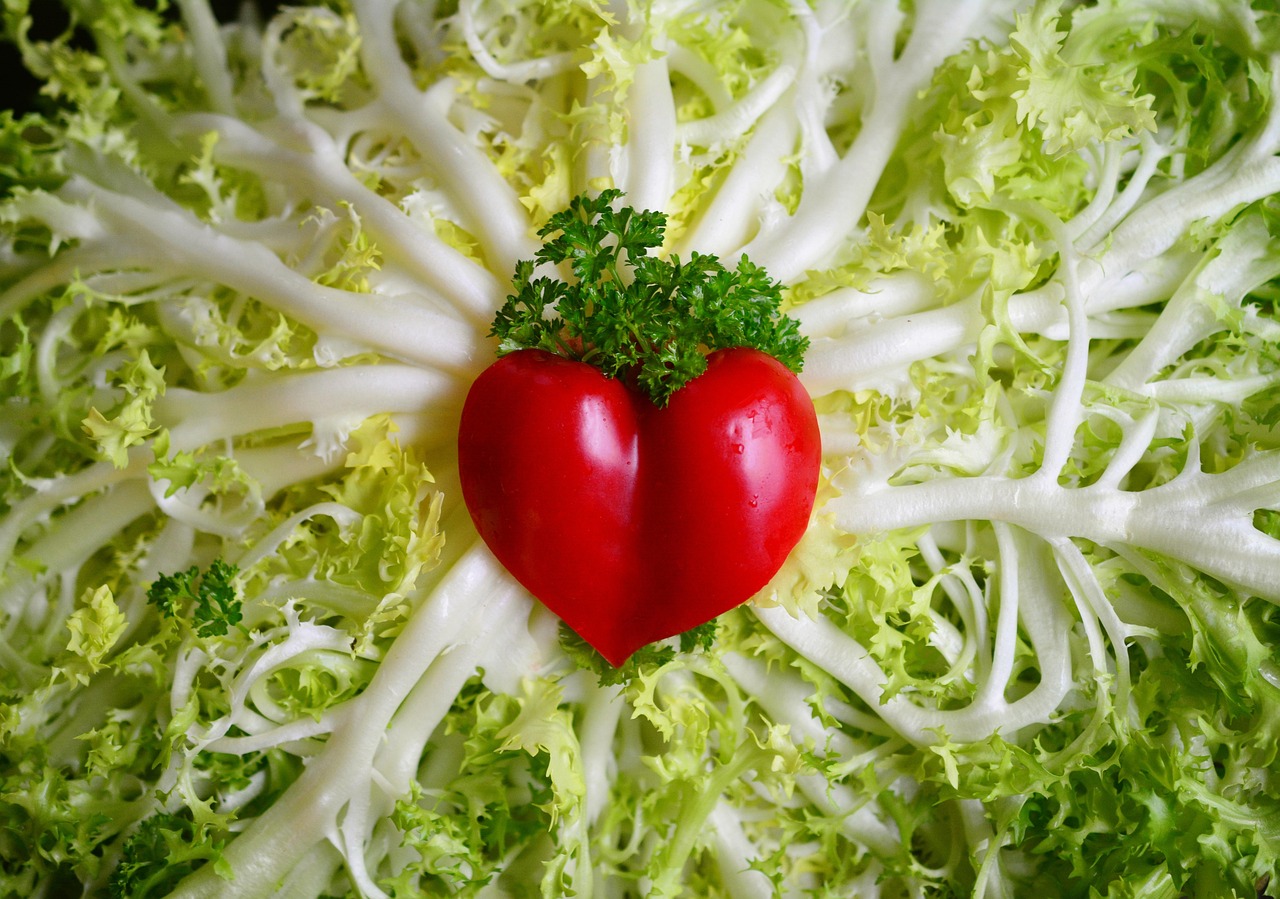The vegetarian way of life is gaining popularity worldwide as the world becomes increasingly health-conscious and environmentally aware. A growing number of individuals are deciding to cut or eliminate meat from their diets not simply because it is morally wrong but because it is unhealthy for them and the environment.
So, why go vegetarian? What exactly does it imply to become a vegetarian? And more to the point, what are the real advantages of a vegetarian diet?
Vegetarianism is the practice of adopting a diet that excludes meat, poultry, and fish. If you are curious about understanding the relationship between vegetarianism and health, the benefits can be immense. So, without further delay, here are the top 10 benefits of going vegetarian.
Better Heart Health
A vegetarian diet has one of the most substantial impacts on the heart health. Research has also repeatedly indicated that vegetarians have lower LDL (bad) cholesterol levels and blood pressure, which are key risk factors for heart disease. By their nature, plant-based diets contain less saturated fat and cholesterol but are rich in heart-healthy nutrients such as fiber, potassium, and antioxidants.
Increased consumption of fruits, vegetables, whole grains, and legumes are anti-inflammatory and result in better arterial functioning, which decreases the risk of heart attack or stroke. Organizations, such as the American Heart Association, promote plant-based diet benefits to support a healthier heart.

Weight Management
One of the best vegetarian diet pros is that these diets can be beneficial for those trying to lose or maintain weight. Most plant foods are lower in calories and contain more dietary fiber, which makes you feel satisfied for longer. This implies that you will not overeat or snack unnecessarily.
The body mass index (BMI) of vegetarians tends to be lower than that of meat-eaters. High-fiber foods, such as beans, lentils, and vegetables, help normalize digestion and blood sugar levels, which is essential in managing hunger and cravings.
Better Digestion
Fiber is the best friend of digestive health, and vegetarian diets are rich in fiber. It keeps your gastrointestinal system functioning properly. Not only this, it prevents constipation and irregular bowel movements.
Eating whole grains, fruits, and vegetables nurtures a diverse variety of gut microbiomes, which is fundamental to nutrient acquisition and immune system functioning. Natural probiotics, such as fermented plant foods, kimchi, sauerkraut, and miso, also promote gut health.
Lowered Risk of Chronic Diseases
Vegetarians have a lower incidence of chronic diseases such as type 2 diabetes, some cancers, and high blood pressure. Plant-based foods contain antioxidants and phytochemicals that combat oxidative stress, a key contributor to various diseases.
Vegetarian diets composed of whole foods can help decrease insulin resistance and lower blood sugar levels. Other studies claim that vegetarians are less prone to colon and breast cancer because of the low consumption of carcinogens present in processed meat.
Environmental Impact
The environmental benefits of vegetarian diet are also very effective. The production of meat is associated with significant contributions to greenhouse gas emissions, deforestation, and water pollution. It also consumes a lot of land, energy, and water compared to plant-based agriculture.
A vegetarian diet means a smaller carbon footprint, less wasteful use of natural resources, and a more sustainable food system.
Ethical Reasons
Though there are several reasons to become vegetarian, one is that a significant number of individuals have become vegetarians because of animal welfare concerns. Contemporary factory farming methods are associated with cruelty, confinement, and inhuman treatment of animals. Vegetarians make a conscious choice in favor of compassion and morality by refusing to patronize these industries.
A plant-based lifestyle is also associated with principles of non-violence and respect for living beings, making the choice very meaningful to many people.
Cost Efficiency
Compared to meat, chicken, or fish, plant-based foods such as grains, beans, lentils, and seasonal vegetables are frequently less expensive. Most vegetarians ultimately save money on food purchases and medical costs in the long run, thanks to the improved health that results from eliminating animal products.
Preparing vegetarian dishes at home is cheap, and one can be extra creative in the kitchen without sacrificing nutrition and taste.
Anti-Aging and Better Skin
Clear and glowing skin can be supported by a vegetarian diet rich in antioxidants, vitamins A, C, and E, as well as healthy fats. These are nutrients that combat free radicals, reduce inflammation, and slow down the aging process.
Eliminating processed meat and dairy (which is commonly associated with acne) can result in noticeably healthier skin. Fruits and vegetables can also enhance skin elasticity and hydration when consumed, as they are rich in hydrating properties.

Mental Well-being
Your diet has a direct impact on your mood and mental state. Neurotransmitter support and anti-inflammatory effects on the brain: Plant-based diets are associated with decreasing inflammation in the brain and promoting neurotransmitter activity.
Relaxation and emotional balance are encouraged by omega-3 fatty acids found in foods, such as flaxseeds and walnuts, and magnesium and folate.
Stronger Immunity
Vitamin C, zinc, selenium, and antioxidants are immune-boosting nutrients found in abundance in fruits, vegetables, nuts, and seeds. These vitamins and minerals will boost your body's immunity, enabling you to overcome infections with greater ease.
By consuming plenty of colorful plant foods, you can be sure your immune system will remain strong and resilient all year long.
Tips for Transitioning to A Vegetarian Diet
Thinking of making the switch? Here are a few ways to start without feeling overwhelmed:
- Begin with Meatless Mondays. Choose one day a week to go plant-based.
- Trade, do not sacrifice. Substitute chicken with chickpeas, ground beef with lentils, or dairy with almond milk.
- Pre-plan your protein. Beans, lentils, tofu, tempeh, and whole grains will help maintain energy levels. Experiment with foods.
- International cuisine can offer ideas for thrilling meals that don't require meat.
- Pay attention to your body.
- Do it slowly and pay attention to how you feel.
Final Thoughts
Now, you have known the health benefits of vegetarianism. Vegetarianism is not about strict principles; it is about building a life that helps you become healthier, more energetic, and less burdensome on the planet. So, don’t ignore the vegetarian lifestyle advantages! You can become a full-fledged vegetarian or just cut on meat, but each plant-based decision matters. But it is not a restriction; it is liberation. Skip your old habits to protect against diseases, and the notion is that you must have animal products to prosper.












